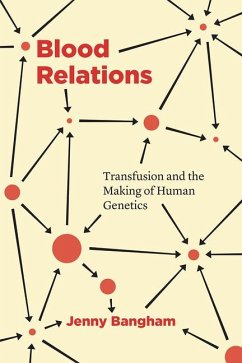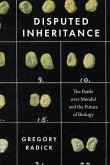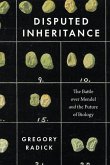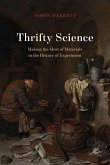"Blood Relations explores the intimate connections between the early infrastructures of blood transfusion and the development of human genetics. By following the flow of blood, Jenny Bangham ties an international history of heredity to the local politics of giving blood. Donors, nurses, patients, doctors, and administrators all play a role in a narrative in which transfusion becomes a routine therapy and vast amounts of data are used by scientists to create a new understanding of human interrelatedness. A path to mapping the genome emerged from the early study of blood groups, the first human traits understood in modern genetic terms. Bangham reveals how biology was transformed by two world wars, how scientists have worked to define racial categories, and how the practices and rhetoric of public health made genetics into a human science. Blood Relations shows, for the first time, how the history of human genetics is also a history of bloodletting, transfusion, bureaucratic planning, and racial politics. To this day, genetics is still understood as a neutral science that can reliably underpin stories about human identities, ancestry, and migrationary history. Bangham's bold book is a fresh historical account of how this understanding began"--
Hinweis: Dieser Artikel kann nur an eine deutsche Lieferadresse ausgeliefert werden.
Hinweis: Dieser Artikel kann nur an eine deutsche Lieferadresse ausgeliefert werden.








